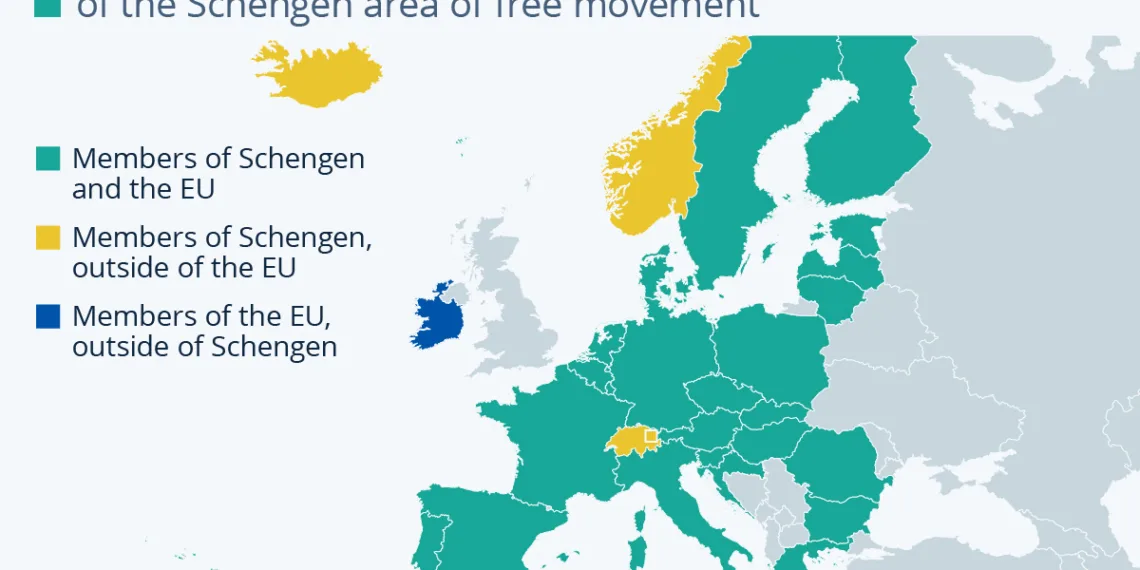Select Language:
Bulgaria and Romania Join the Schengen Area: A Milestone in European Integration
Introduction to the Schengen Area
The Schengen Area represents a significant achievement in European integration, allowing for the free movement of people across multiple countries without the need for passport checks at internal borders. Established in 1995, the Schengen Area began with five founding states: France, Germany, the Netherlands, Belgium, and Luxembourg. Over the years, additional countries have joined, expanding the area to include 25 of the 27 European Union (EU) member states, alongside four non-EU nations.
Bulgaria and Romania’s Long Wait
On January 1, 2025, Bulgaria and Romania officially became full members of the Schengen Area after a lengthy thirteen-year wait. Their accession marks a significant development in the ongoing process of European integration and cooperation. The breakthrough came after Austria lifted its veto against these countries’ membership in December 2024. This decision paved the way for the removal of border controls, a move that had been anticipated by citizens and governments alike.
Enhanced Mobility for Citizens
The lifting of controls at airports and seaports, initiated in March 2024, was a crucial step towards this full membership. With the removal of checks at land borders, citizens of Bulgaria and Romania can now travel freely within the Schengen Area, enhancing connectivity and facilitating trade, travel, and cultural exchange.
Temporary Controls and Security Concerns
While the accession of Bulgaria and Romania is a positive development, the European landscape remains complex. Temporary border controls have been reintroduced in several Schengen countries, including Germany, which has implemented checks along its borders with all nine neighboring countries.
Justification for Temporary Border Controls
According to the European Commission, the reintroduction of border controls is permissible under specific circumstances, including serious threats to public policy or internal security. These measures are intended to be a last resort, employed during exceptional situations for a limited duration.
Key reasons cited for the current control measures include:
- Security threats: Heightened concerns surrounding public safety have prompted several nations to temporarily restore border checks.
- Migration control: To manage and regulate migratory flows, some member states have reinstated border controls.
- Espionage fears: In the case of Denmark, concerns over suspected Russian espionage activities have been a motivating factor for the reintroduction of border checks.
Responses from Advocacy Groups
The introduction of temporary border checks has ignited debate among various groups, particularly organizations advocating for student and human rights, such as AEGEE. Critics argue that such measures can breed suspicion between states and lead to discriminatory practices, particularly affecting individuals from marginalized groups based on nationality or ethnicity.
The Future of the Schengen Area
The Schengen Area has continually evolved since its inception, adapting to new challenges while maintaining its core principle of free movement. With the addition of Bulgaria and Romania, the area has not only expanded, but it has also reinforced the EU’s commitment to cooperation and unity.
As Europe faces complex issues such as migration, security, and internal cohesion, the ongoing dialogue about border controls and open borders will inevitably shape the future of the Schengen Area.
This milestone represents a blend of progress and challenges, reinforcing the importance of collaboration among member states while addressing pressing concerns that arise in a rapidly changing world.




